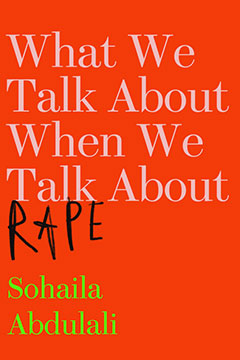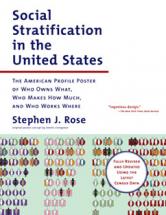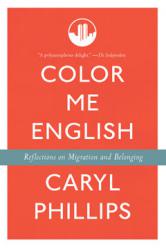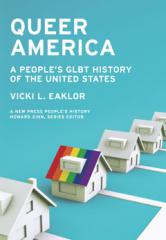What We Talk About When We Talk About Rape
In the tradition of Rebecca Solnit, a beautifully written, deeply intelligent, searingly honest—and ultimately hopeful—examination of sexual assault and the global discourse on rape told through the perspective of a survivor, writer, counselor, and activist
“Both unflinching and nuanced, Abdulali breaks the East/West boundary so often upheld in feminist writing on this subject. . . . Disruptive and powerful . . . If the #metoo campaign is to have any lasting impact for change in women’s circumstances around the world, it will be because of books such as this.” —Preti Taneja, author of We That Are Young
After surviving gang-rape at seventeen in Mumbai, Sohaila Abdulali was indignant about the deafening silence that followed and wrote a fiery piece about the perception of rape—and rape victims—for a women’s magazine. Thirty years later, with no notice, her article reappeared and went viral in the wake of the 2012 fatal gang-rape in New Delhi, prompting her to write a New York Times op-ed about healing from rape that was widely circulated. Now, Abdulali has written What We Talk About When We Talk About Rape—a thoughtful, generous, unflinching look at rape and rape culture.
Drawing on her own experience, her work with hundreds of survivors as the head of a rape crisis center in Boston, and three decades of grappling with rape as a feminist intellectual and writer, Abdulali tackles some of our thorniest questions about rape, articulating the confounding way we account for who gets raped and why—and asking how we want to raise the next generation. In interviews with survivors from around the world we hear moving personal accounts of hard-earned strength, humor, and wisdom that collectively tell the larger story of what rape means and how healing can occur. Abdulali also points to the questions we don't talk about: Is rape always a life-defining event? Is one rape worse than another? Is a world without rape possible?
What We Talk About When We Talk About Rape is a book for this #MeToo and #TimesUp age that will stay with readers—men and women alike—for a long, long time.
Topics:
Praise
|
|






